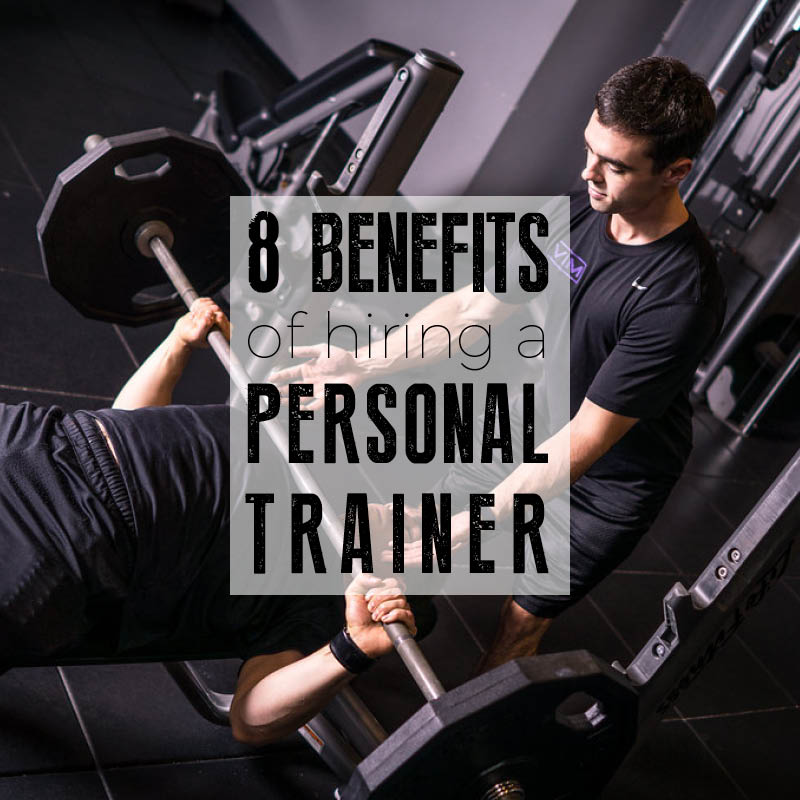
There are many salaries for fitness trainers. In most cases, NSCA-CPT trainers earn the highest salary, while independent trainers typically earn less. Trainers with more certifications and specialties earn more. However, those with less experience are likely to earn less. Also, the salary of fitness trainers may fluctuate over time. The article below will help you keep an eye on the range of salaries. We'll be discussing what to expect for each position.
The highest-paid NSCA - CPT trainers are
If you are looking to work as a personal trainer, the NSCA CPT certification is the best. This exam covers four main areas, including consultation with clients as well as exercise techniques and safety issues. It is the most difficult test in the industry. CPR certification must be current.

There are many benefits to becoming NSCA-CPT. Employers consider NSCA-CPT certification the gold standard. They are able to earn high salaries and build a strong client base. Employers will also accept certification as evidence of their training and skills. Although this certification is not necessary to work in a fitness center, many employers will consider candidates with this certification.
Independent trainers decide their own rates
You can set your prices as a personal trainer. In urban areas, you can charge up to $60 per hour and $35 outside of the city. To attract more clients, it is better to charge a lower fee than big-box gyms. A $40 per-hour rate is still cheaper than a $120-per-hour rate at a commercial fitness center.
YMCA, non-profit training staff pay the least
Payrolls for trainers are different at the YMCA and other non-profits. The salary of a gym trainer may be higher than that of an instructor, but they have no similar benefits. YMCA trainers are paid $15 to $28 an hr. Trainers for non-profit organizations tend to earn more than those in corporate jobs. However, the YMCA also offers more flexible scheduling and higher hourly pay than private trainers.

Average annual earnings for YMCA of the North employees are $29,272 This figure may vary greatly, depending on the position. The average salary of a program director at a YMCA of the North would be $67806. A child attendant at a YMCA makes $20,214 per year. Although the YMCA of the North has a reputation for being one of the most desirable places to work, the salaries are not always the same.
FAQ
What does exercise do for your body?
Exercise can help you lose weight. Build muscle mass, increase energy, reduce stress, and improve quality of your sleep. You will experience improved moods and self-esteem as well as increased productivity and a lower risk of developing heart disease.
Which Is Most Important: Diet, Exercise, or Sleep?
It all depends on your goals. Diet is key to losing weight. For building muscle mass, exercise is key. Sleep is the last important factor, as it has little to do with how well your day goes.
How nutrition and exercise can make your life better.
Exercise can help you lose weight, gain muscle mass and reduce stress. Nutrition is vital for energy, mood, sleep, and overall health. Eat less meat, limit alcohol consumption, avoid smoking, exercise regularly, and reduce your risk of dying.
What happens if I don't get enough sleep?
Lack of sleep means that your brain does not receive enough signals to regulate hormones. As a result, your body may become more hungry and can gain weight. Lack of sleep also increases stress levels, which can lead to overeating.
Can I eat during my exercise?
Yes. Yes. Watermelon, grapes (or carrots or celery), watermelon, grapes, apples, bananas or apples are all low-calorie snacks. These foods have nutrients that can help you perform better in your workouts.
Statistics
- Globally, 81% of adolescents aged 11-17 years were insufficiently physically active in 2016. (who.int)
- According to the Centers for Disease Control and Prevention, chronic diseases cause 7 out of 10 deaths in the U.S., and treating chronic diseases accounts for 86% of U.S. healthcare costs. (mana.md)
- One study showed that adults who watch more than 4 hours of television daily had an 80% higher risk of death from cardiovascular disease. (heart.org)
- Adolescent girls were less active than adolescent boys, with 85% vs. 78% not meeting WHO recommendations of at least 60 minutes of moderate to vigorous intensity physical activity per day. (who.int)
External Links
How To
How to Lose Belly Fats More Fast
Belly Fat is often considered a problem for those who want to lose weight. When you stop and think about it, Belly Fat can actually be a blessing. It's the amount of fat stored around your stomach that protects your organs from getting damaged. Let's now see how to quickly lose belly fat.
The two main factors that make us store body fat are stress and lack of exercise. Because of its stimulation of the production hormone cortisol, stress can make us feel hungry continuously. Cortisol is responsible for an increase in insulin levels. The insulin stores the excess calories as fat. Lack of sleep causes the release of adrenaline into our system, leading to increased appetite. These extra calories can be broken down by exercising.
There are many different ways to reduce bellyfat. Any one of these can be tried, depending on how much you have to spend. These tips will help you quickly get rid of belly fat.
-
Reduce the amount of food you eat. Instead of eating three large meals a day, eat smaller meals. You'll eat fewer calories this way.
-
Make sure you drink plenty of water. Water flushes out toxins in your body and helps you stay hydrated. Water before each meal can help you feel fuller longer and reduce your appetite so that you don't overeat.
-
Avoid unhealthy snacks. If you're looking for quick fixes, snack foods like chips, cookies, candies, etc. This might be tempting. But avoid these fattening treats as they contain lots of empty calories and too much sugar. Instead, choose healthy alternatives like fruits, veggies, nuts, seeds, and whole grains.
-
Strength training should be done at least three times per week. Strength training helps build muscle mass, which means that you can burn more calories even when you are resting. It strengthens bones and muscles, ligaments, muscles, tendons, heart, lungs, as well as joints.
-
Walk or stretch regularly. Stretching can improve flexibility, mobility, and reduce back pain. Walking is a great way of burning calories, especially when you do it for just 30 minutes.
-
Reduce alcohol intake. You should cut down on alcohol consumption. It adds no nutritional value to your diet.
-
Lose weight gradually. Your current weight is the first step to losing weight. Calculate your ideal weight by adding approximately 5% to 10% of the total weight. Once you have calculated your target weight, start reducing calorie consumption by 500-1000 calories daily until you reach your goal.
-
Avoid processed foods. These foods have high amounts of salt, sugar, and preservatives. While processed foods can be convenient, they don't offer enough nutrients to ensure your health.
-
Don't skip breakfast! A good breakfast can improve concentration, memory, as well as energy level. Breakfast should contain protein (like eggs), fibre (like oats), as well as complex carbohydrates (like oatmeal).
-
Have regular bowel movements. Bloating and gas can be caused by irregular bowel movements and constipation. You can prevent this by drinking lots of water and increasing your fiber intake.